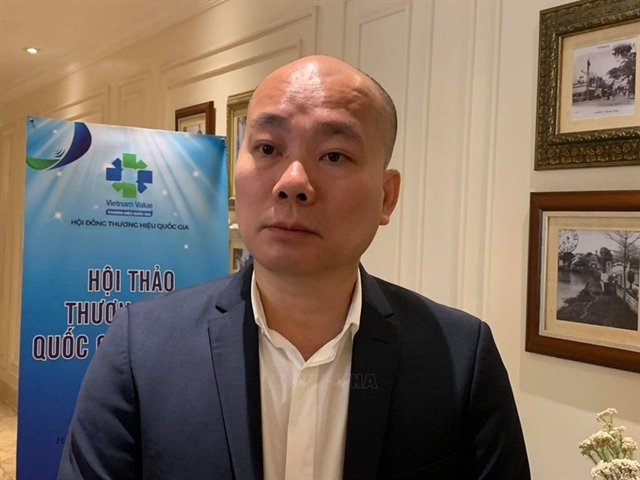 Talking Shop
Talking Shop

Vietnamese companies are preparing for the country’s deepening integration with the establishment of the ASEAN Economic Community (AEC) and signing of the Trans-Pacific Partnership (TPP).
Viet Nam News -Vietnamese companies are preparing for the country’s deepening integration with the establishment of the ASEAN Economic Community (AEC) and signing of the Trans-Pacific Partnership (TPP). Việt Nam News reporter Lê Thu Ngân asks Phạm Ngọc Hưng, deputy chairman of the HCM City Union of Business Associations, about the preparations and the association’s support for them.
The AEC has been established and the TPP has been signed, marking an important period of integration for the country. How are local companies preparing for the integration?
 |
| Phạm Ngọc Hưng. — VNS Photo |
Companies in the country, particularly in HCM City, have taken the AEC and TPP seriously because they are big changes, totally different from other trade agreements. The competition will be much tougher.
Faced with the fact, many companies have expressed worries saying they do not know how to compete, whether they would survive under the pressure caused by foreign companies and how they can take their products to the international market.
AEC and TPP have many provisions. But there are few organisations in the country that can support local companies with information. As a result, many companies faced difficulties, especially small- and medium-sized enterprises (SMEs).
However, each company, depending on its size and sector, has its own plans to prepare for the new era of integration.
For instance, large exporters have carefully studied and looked for raw materials sources and partners.
The SMEs have their own traditional markets, but these markets will be affected and so they are reorganising as well as improving their product quality to become more competitive.
The three weaknesses that most SMEs in Việt Nam face are management, capital and technology. Their technologies are outdated and they lack resources; they are family-managed. Due to this, SMEs will face many challenges during integration.
I think many companies will go bankrupt or close. However, many new companies will be established in this new era.
This is an opportunity for companies to transform from producing low-quality products for rural markets to making high-quality products to get a foot into bigger markets.
Many companies say it is difficult for them to find information about the integration and partners. How can they overcome this?
I think companies should join business groups established by companies operating in the same industries.
Trade promotion activities and meetings are good for them to exchange experiences and seek investment opportunities.
I have had the chance to work with American companies and found that they all take part in activities undertaken by groups to share information. Sharing information is very important and so we have to co-operate.
Vietnamese companies are not in contact [with each other] because they are afraid of information and ideas leaking. However, the truth is that without co-operation and contact, there can be no strength. By co-operating, companies will have more information about markets, policies and management and legal systems.
Co-operation, I emphasise, is really necessary, especially among SMEs.
Which sectors are likely to benefit and lose when the TPP takes effect?
Garment and footwear will have advantages thanks to low tax rates. Agricultural products will face challenges.
However, when signing free trade agreements, we need to think about the positive and negative impacts and make strategies and plans to reduce the negative impacts and support companies.
How does your association plan to help companies cope with the integration?
Our first task is to support companies with information by regularly organising meetings to help them share information about themselves to see what they have and what they want.
Through these meetings, we will listen to them and gather their opinions and expectations and recommend support programmes to the Government.
Helping companies seek new markets and co-operation opportunities with new partners is also an important task the association has taken up.
With this target, we create tools to help our members get information such as setting up online marketplaces.
In future more trade promotion activities will be undertaken.
The association will also help companies improve their management by using modern technologies. We have organised programmes to help companies develop human resources. — VNS




